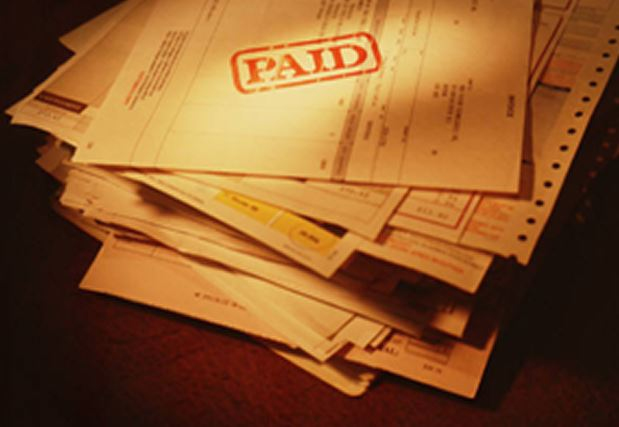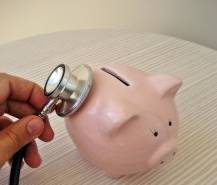Even with insurance, medical bills can take a huge bite out of your wallet due to deductibles and co-pays. That is why it’s important to carefully analyze your bill for errors, overcharges and just plain extortion. Medical Bill Overcharges are extremely common, recently I heard a case where a woman was in the hospital for 4 days and billed $15,000. While looking over her bill she realized that she had been charged $120 each time she was weighed (i.e. daily). She successfully argued that $480 was exorbitant for having her step on an ordinary scale. Even if the insurance company is footing the bill, you need to be vigilant because when the insurance company is ripped off we all pay higher premiums as a result. ~Tim McMahon, editor
Medical Bill Mishaps: What to Check for on Your Statements

Check Dates of Service
Every patient should check the bill to ensure that the date of service for a particular charge matches the date they were treated. Errors can occur, and you should report any discrepancy to your insurance company to ensure you don’t have to pay for an unnecessary charge.
Check Your Insurance Coverage
The health insurance company will send an EOB, or Explanation of Benefits for your care in most cases. Your medical bill should list any amounts you have already paid for co-pays, co-insurance, deductibles, or other costs. Errors are common. You may find, payments that haven’t been credited or items that haven’t been covered by your insurance company. Often if you contact the provider they will resubmit the charge with a different billing code that the insurance company will accept.
If you have any questions about an uncovered expense, call your medical provider or insurance company for an explanation. If you are not satisfied with the answer, you can take your concern to a board that will investigate the problem and determine whether you were entitled to coverage of the expense.
Laboratory Tests
Consumers often have questions about charges for laboratory tests that are done as part of routine blood work or other diagnostic procedures. Some of these tests may have complicated names that are different than the name commonly used for the test. If you have any questions, contact your insurance company or care provider to get additional information.
Unfamiliar Names
In some cases, such as hospital bills, the information provided can be overwhelming. You may not understand the medical terminology used, and may not recognize the names of doctors or other healthcare professionals that were involved in your procedure or care. Your state’s healthcare licensing data can provide information on what these professionals are qualified to do, which will provide clues about how they provided care. Your hospital or clinic will probably use programs like MedPro Systems to look up information directly from the state, federal or industry sources where unfamiliar names might pop up.
Negotiated Payments
Medical bills often have two different charges for a doctor or medical service. One may be the original charge, and the other is the negotiated cost that insurance companies arrange with doctors and other health professionals to provide care at a lower cost. These arrangements are common in the healthcare industry, and do not mean that you are responsible for paying the differential. However, if the charges are for a doctor or service that is out of your insurance care network, you may be required the pay the cost.
A little effort can provide more information about the bills you receive for your medical care. If you ask questions, you may be able to save money on many of these expenses.





